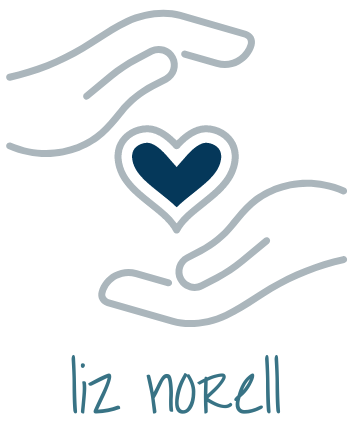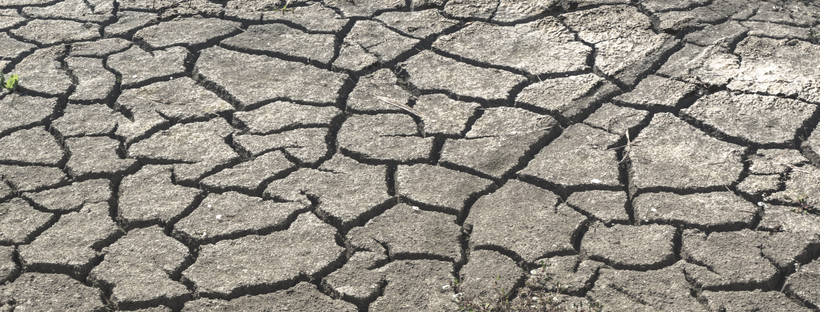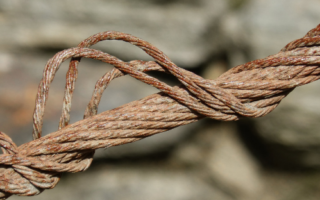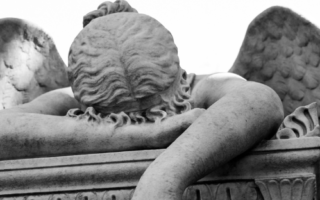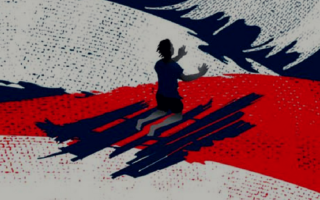You should buy and read the book, We Crossed a Bridge and it Trembled, from political scientist Wendy Pearlman.
To convince you, I’m going to share a half-dozen paragraphs that define the Syrian experience from 2011-2018, at least based on what I’ve read. Pearlman’s account is based on hundreds of interviews she’s done over five years with people from Syria. She captures the diversity of experience … diverse, yes, but almost universally the kinds of experiences that test one’s mettle. My heart aches. And yet, as her dedication of the book reminds us: “To those who did not live to complete their stories.”
From Abu Firas, a fighter from rural Idlib (p. 160)
For every action, there is a reaction. When the regime is killing in this way, people come what we call jihadists and you call terrorists. I swear to God that I have nothing but respect for you regardless of your ethnicity, religion, or nationality. But when my sister is arrested and they rape her, I have no problem entering any place in the world with a car strapped with explosives. Because no country in the world is paying attention to me. Not a single one is doing anything to protect any fraction of the rights that I should have as a human being living on earth. I’m not saying that the conscience of the international community is asleep. I’m saying that conscience doesn’t exist at all.
From Bushra, a mother from al-Tel (p. 219):
Today, kids don’t think about going to school in order to be able to get a job someday. It’s the opposite: They think about getting a job in the hope they will be able to go to school someday. Kids’ biggest dream is that they find some sort of work. Or they dream about living in a real house. Sometimes I go to a women’s center. One day I took my young daughter with me. She was so excited. After living in a tent, she was amazed by the real walls and real floors. She said, “Take a photo of me next to the wall!”
From Kareem, a doctor from Homs (p. 244):
We respect all people and are against all terrorism. But why does this world have such little sympathy for people dying in Syria? A Russian plane is able to drop phosphorus bombs on some human beings because the world has grown accustomed to their deaths. It’s as if the blood that circulates in our veins is of lesser value. We’ve seen only cowardice from the so-called “Friends of Syria.” The truth is that Syria has no friends. It’s just a chessboard for great powers to settle their accounts.
From Hakem, an engineer and pharmacist from Deir ez-Zor (p. 251):
I have a degree in engineering and twelve years of experience as a pharmacist. Now I’m just sitting here in this refugee shelter doing nothing. My life consists of smoking and drinking tea. All we do is wait. In the evening, you’ll see all the people listening to the news on their cell phons. The next day we wake up and wait again. Every day we hear the same news of death. The only difference is the numbers who die.
If I’d known this was life here I would have stayed in Syria and handed myself over to ISIS. It’s better to die once than die slowly every day. We’re trying to forget our tragedy. But how can you forget your wife or your child or your family? Before I got here, the only time in my life I’d cried was when my father died. Now I cry every day.
From Ghayth, a former student from Aleppo (p. 272):
Many people aren’t happy with the refugees coming to their country. Maybe we came illegally, but every other door was shut in our faces. What do they expect us to do? Isn’t it enough our government destroyed us and we lost everything? We would prefer to stay in our country. If you don’t want refugees, help us make peace in Syria.
From Adam, a media organizer from Latakia (p. 282):
One of the most profound things that I learned from this experience called the Syrian civil war is this: Just because you’re fighting evil doesn’t mean you’re good. And just because you’re doing evil doesn’t mean your bad. You end up with the conclusion that there is no ultimate right or wrong. It’s all shades of gray.
